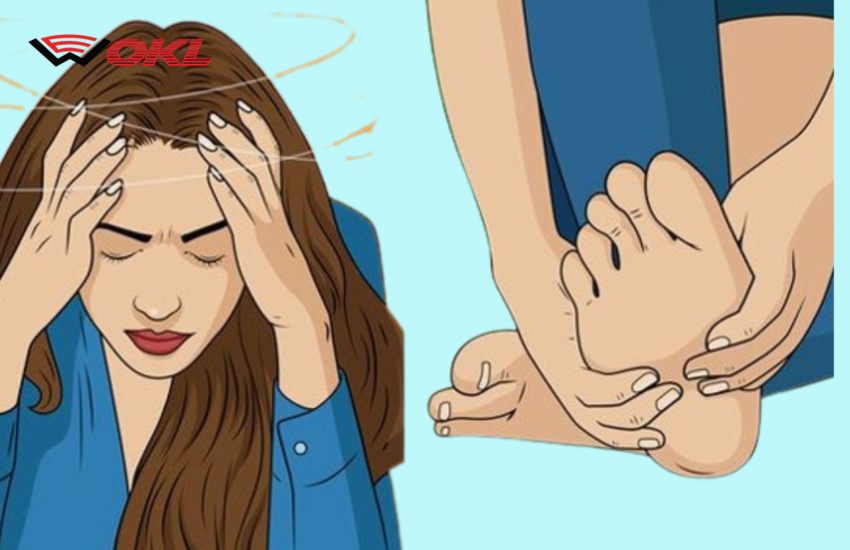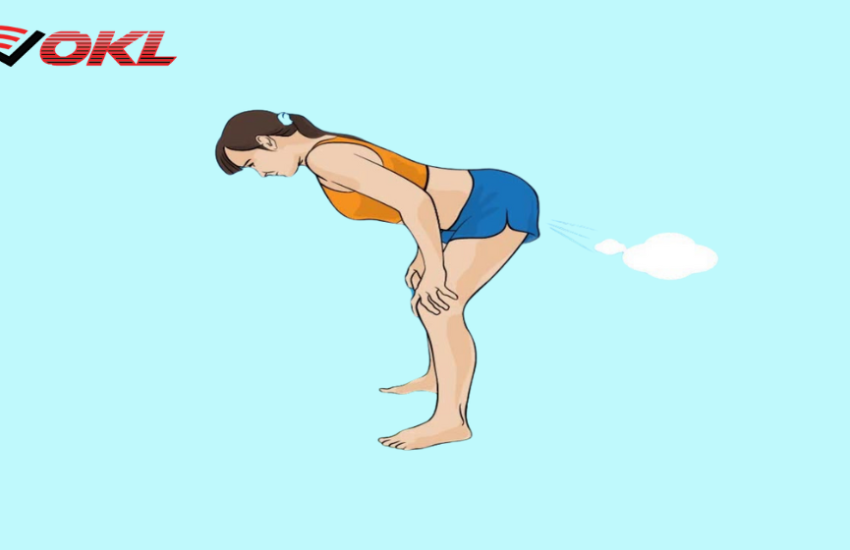If Your Body Suddenly Jerks While You Are Falling Asleep, This Is What it Means
Understanding Hypnic Twitches: What Causes Them and What They Mean
Our bodies have a fascinating way of signaling when something isn’t quite right, and one such signal is the twitching that can occur just before we fall asleep. This phenomenon, known as a hypnic twitch, can be unsettling but is generally harmless. Here’s a closer look at what might be behind these sudden jolts:
- What Is a Hypnic Twitch?
Hypnic twitches, sometimes referred to as hypnagogic jerks, are involuntary muscle contractions that happen as you transition from wakefulness to sleep. These twitches can feel like a sudden falling sensation and can interrupt your attempt to fall asleep. Scientists believe several factors could be contributing to these twitches:
- Caffeine and Medications
Consuming caffeine close to bedtime or taking certain medications like Adderall or Ritalin might increase the likelihood of experiencing hypnic twitches. These substances can interfere with your body’s ability to smoothly transition into sleep.
- Exhaustion and Rapid Sleep Onset
If you’re extremely tired and fall asleep too quickly, your brain might struggle to adjust to the different stages of sleep, leading to hypnic jerks. The brain’s confusion during this transition can trigger these sudden twitches.
- Dreaming While Still Awake
One theory suggests that hypnic twitches occur when you’re beginning to dream but aren’t fully asleep. This clash between dreaming and wakefulness might cause your body to twitch as it tries to reconcile these two states.
- Evolutionary Theory
Another hypothesis is that hypnic twitches are an evolutionary remnant. It’s thought that these twitches may have helped our ancestors wake up before they fell out of trees, thereby preventing falls and injuries.
Should You Be Concerned?
Generally, hypnic twitches are not dangerous and are a normal part of the sleep process. However, if the twitches are accompanied by other symptoms or become frequent and severe, it could be worth discussing with a healthcare provider. Some concerns link excessive twitching to neurological conditions such as Parkinson’s disease or Alzheimer’s, but these are usually associated with more serious and persistent symptoms.
In most cases, hypnic twitches are simply a benign, albeit annoying, part of falling asleep. If you find them particularly bothersome, try reducing your caffeine intake and avoiding stimulant medications before bed.



